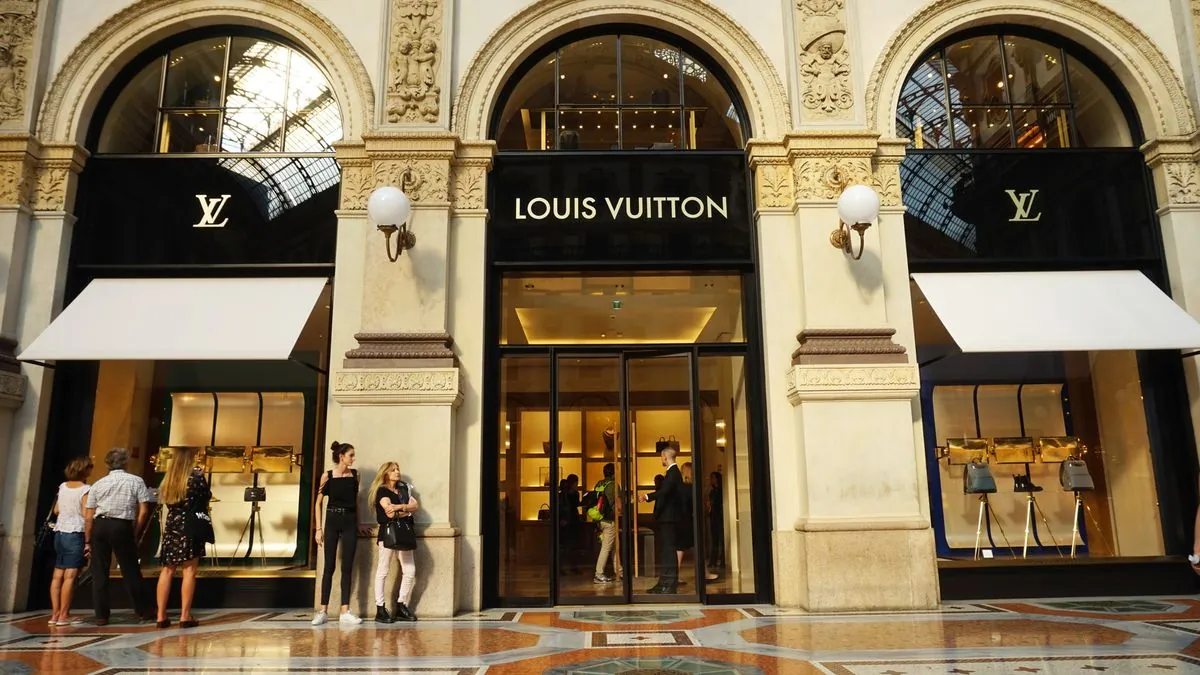LVMH, the world's largest luxury goods conglomerate, has announced plans to expedite its supply chain strategy and bolster audits and controls. This decision comes in response to ongoing investigations into an Italian subsidiary of the French luxury powerhouse.
Jean-Jacques Guiony, LVMH's chief financial officer, stated on 2024-07-23, "We are going to speed up a strategy that we had been implementing for quite some time now." This announcement follows the revelation of an investigation by Italian prosecutors into suppliers for Dior, LVMH's second-largest fashion label, which came to light on 2024-06-11.
The probe centers on allegations of sweatshop-like conditions at Dior's subcontractors. While Guiony emphasized that the company was unaware of any worker exploitation, he affirmed that LVMH accepts full responsibility for the situation.
To address these issues, LVMH plans to increase "vertical integration" of Dior's supply chain. This approach involves controlling multiple stages of the production process and supply chain. Guiony noted that Dior's current level of vertical integration is lower than that of Louis Vuitton, LVMH's largest fashion brand, which stands at approximately 60%.
The luxury conglomerate, which owns over 75 prestigious brands across various sectors, recognizes the need for further investment in supply chain controls. This move aligns with LVMH's commitment to maintaining the highest standards across its diverse portfolio.
LVMH's proactive response to the investigation demonstrates the company's dedication to ethical practices and transparency. As a global leader in the luxury goods market, with revenues exceeding €79 billion in 2023, LVMH's actions could potentially influence industry-wide practices.
"We are going to speed up a strategy that we had been implementing for quite some time now."
The company, headquartered in Paris and led by CEO Bernard Arnault, one of the world's wealthiest individuals, employs over 150,000 people worldwide. This latest development underscores the challenges faced by global luxury brands in maintaining ethical standards throughout their complex supply chains.
As LVMH works to strengthen its supply chain controls, the luxury industry will likely watch closely to see how these changes impact the broader market and set new benchmarks for responsible production practices.
